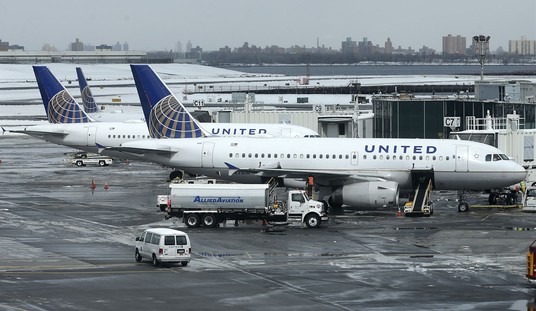Well, well, well. As Monday’s news cycle gets into full gear, we’re starting to see exactly what Mitch McConnell, Harry Reid, and Nancy Pelosi are cooking up for the American public — pretend spending cuts and very real tax increases.
It is like the GOP learned nothing from No Child Left Behind. In NCLB, the GOP let liberals like Teddy Kennedy write the legislation and when the legislation’s very foreseeable outcomes appeared, the GOP got the blame for the disaster the law wrought on the public school system.
And now we’re going to get a new deficit commission that is actually just going to raise taxes.
How do we know they are going to raise taxes?
Well, whatever the commission comes up with, it’s going to be deemed filibuster proof — only a simple majority will have to vote for it in the Senate. Oh, and it will not be subject to any amendments in its recommendations.
With Senator Saxby Chambliss (R-GA) already on board tax increases and with Tom Coburn proposing $1 trillion in tax increases today, we see where this is headed. But wait . . . there’s more.Keith Hennessey has a breakdown of the budget negotiations, much of which will be incorporated into McConnell’s Pontius Pilate Act.
How so?
Well, most media reports are now saying that the Pontius Pilate Act will include the $1.5 trillion in cuts from the Biden led negotiations. What are those cuts? You can read Keith Hennessey yourself or just read this summarization from a friend of mine:
Only in Washington are spending increases called spending cuts. They will actually grow discretionary spending at 2/3 rate of inflation (spending increase) but call it $1 trillion in cuts below the baseline of full inflation. About $200 billion come from cuts to health care providers, something we stop every year with the doc fix — not sure how they’ll keep this promise. And another $165 billion come from increases in government fees (some call tax increases), not spending cuts. So at the end of the day, we are left with a $2 billion FY2012 cut, and $55 billion in promised actual spending cuts through yet unspecified policy changes. A whopping $57 billion in cuts over a decade, or less than $6 billion a year.
Oh the games they play.














Join the conversation as a VIP Member